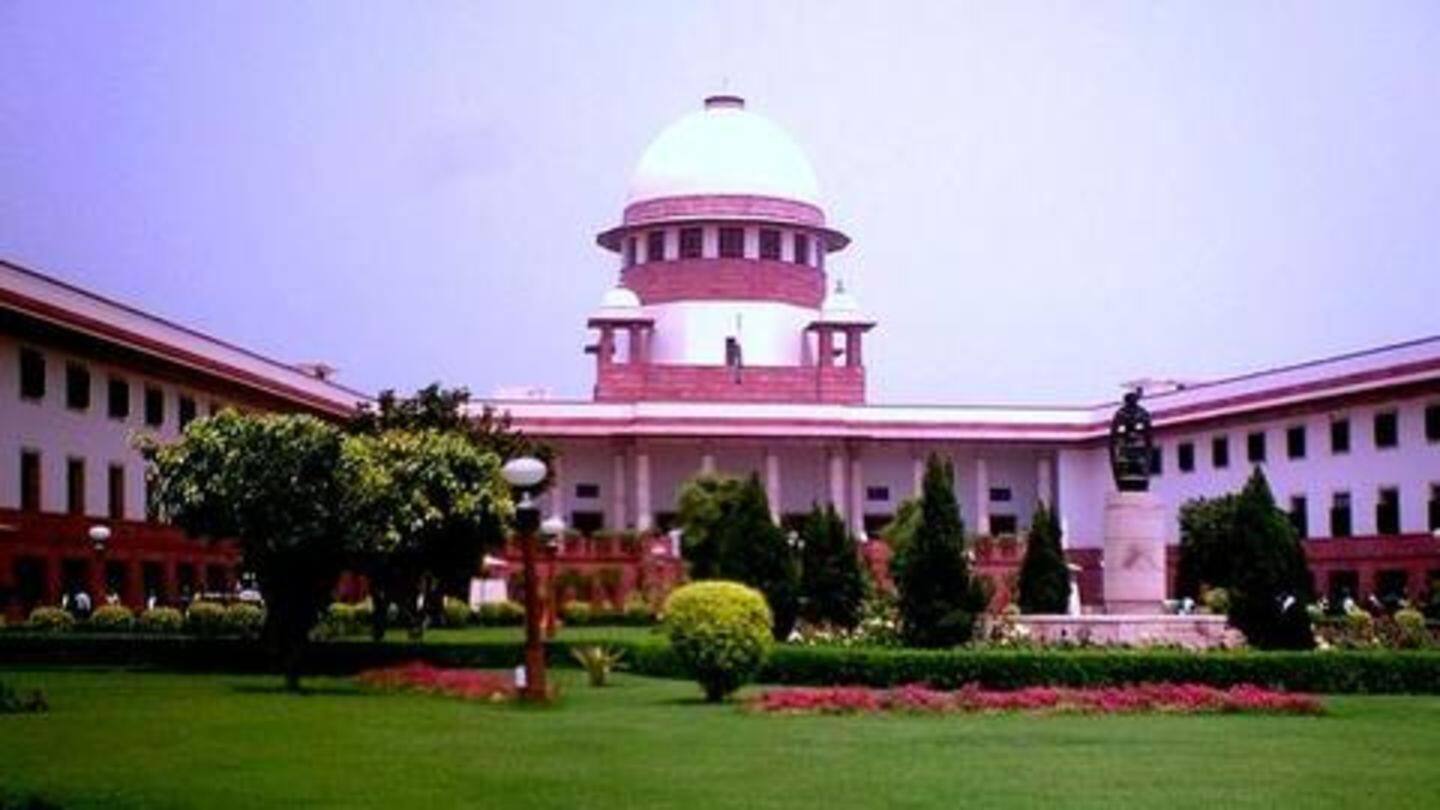
SC: Media, law enforcement can't identify rape/sexual assault victims
What's the story
On Tuesday, the Supreme Court barred media organizations and law enforcement agencies from disclosing the identities of victims of rape and sexual assault, even if the victims are dead. The apex court's ruling came in light of media organizations sensationalizing rape and sexual assault cases, and is a move aimed at safeguarding the dignity of the victims. Here are the detailed guidelines.
Guidelines
So, what do the new guidelines say?
As per the new guidelines, electronic and print media have been barred from disclosing the identities of victims "even in a remote manner". Further, law enforcement agencies, including the police and forensic bodies, have been barred from making FIRs and forensic reports public, so as to protect victims' identities. Additionally, rape/sexual assault victims cannot be interviewed by media, unless they personally approach media houses.
Ostracism
The SC also expressed regret over social ostracism of victims
The apex court also expressed regret over how sexual assault and rape victims are ostracized in society. Given this fact, the SC ordered states and union territories (UTs) to set up counselling and rehabilitation centers for victims of rape and sexual assault. Additionally, the SC came down heavily on protests that use sexual assault and rape victims' identities and turn them into icons.
Quote
'Not impressed' by victims being turned into icons
"We're not impressed by victims being turned into icons at protest rallies. The identities of even the dead or those of unsound mind cannot be disclosed in any manner, even with the parents' nod. Such an action will need the court's permission," the SC said.
Context
Earlier, the SC had recognized the need for balance
The SC's verdict came during a hearing on a batch of petitions filed in the aftermath of the 2012 Delhi gangrape case. In an earlier hearing, the apex court had observed that there was need to strike a balance between the freedom of the press and the right of a victim to a fair trial in the absence of 'parallel trials' run by media.
Media trials
Media often run 'parallel trials' on sub-judice cases
In previous hearings on the issue, it had been argued that media houses often run 'parallel trials' and that law enforcement was often complicit in leaking information to the media. A recent example is the Kathua gangrape case where several media outlets had pronounced that some of the accused were innocent, even before a charge sheet had been filed in court.
Violation
Media trials are often in violation of the law
It had also been argued that such media trials were in violation of Section 228-A of the Indian Penal Code (IPC) and provision 23 of the Protection of Children from Sexual Offences (POCSO) Act, 2012, both of which deal with the disclosure of victims' identities. Consequently, the SC had agreed to inspect legal provisions governing media's handling of such cases.